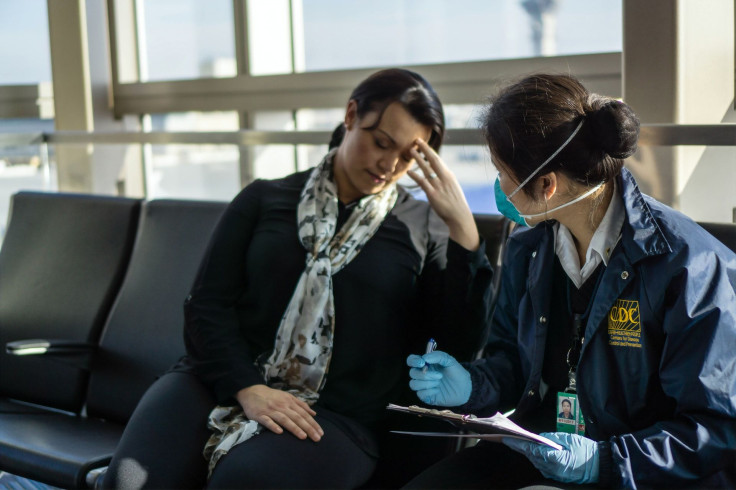Rare COVID-19 Side Effect Makes Food, Perfume Taste And Smell 'Disgusting'
KEY POINTS
- Some recovered COVID-19 patients said they began smelling garbage
- A study found parosmia after COVID-19 is more common among people aged 30 and younger
- A survey stated that half of its respondents battled with parosmia for longer than three months
A rare COVID-19 side effect is now distorting the smell and taste of certain items for recovered patients.
In a video shared by COVID Parosmia Support, one TikTok user shared details about her experience with the parosmia, adding that she cannot eat her favorite food and use her body wash after recovering from the novel coronavirus because “it smelled like garbage.”
"Ever since I've regained my smelling and taste back, I have smelled this smell and tasted this taste that is disgusting and I cannot figure out what it is," the TikTok user said in the video. "I can no longer drink some of my favorite drinks or eat some of my favorite foods."
@covidparosmia #duet with @jordan46067 #weareparosmia #parosmia #covid
♬ original sound - jordan thomas
Parosmia is a health condition wherein a person’s sense of smell is distorted. Typically, parosmia is caused by an infection in the upper respiratory tract, head injury, sinus problems or a neurological condition.
In the comments section, many other TikTok users shared their struggles with parosmia, which is one of the many potential symptoms of long-COVID. Natalia, another TikTok user, said she has been struggling with parosmia for 10 months, adding that she needs to put on a mask before she uses a deodorant.
@hannahbaked Reply to @hannahbaked i can try to answer more questions! #parosmia #parosmiapostcovid #BetterTogetherChallenge #PlutoTVDecades #VansCheckerboardDay
♬ original sound - hannahbaked
Some people who have recovered from a coronavirus infection and developed parosmia said they began smelling sewage or garbage, rotten meat, gasoline, ammonia or moldy socks, according to Healthline.
A study published on the National Center for Biotechnology Information (NCBI) found that 70.1% of 268 people with parosmia after a COVID-19 infection were aged 30 or younger. Approximately 73.5% of female respondents also said they experienced parosmia.
A June 2021 survey published on Wiley Online Library found that 10.8% of 1,299 respondents developed parosmia after COVID-19. The same study found that five common types of food items triggered the rare disorder, including chicken, onions, eggs, garlic and rice.
The survey found that in 49.3% of its respondents, parosmia improved within the first three months. However, 50.7% of respondents said the side effect last over three months.
It is unclear how COVID-19 causes parosmia in patients. Health experts believe the virus could damage the receptors and nerves involved in a person’s sense of smell, which leads to some disruption in how the patient perceives certain odors.

© Copyright IBTimes 2024. All rights reserved.






















